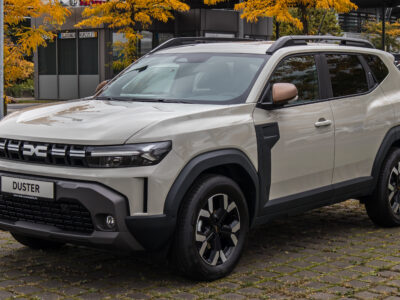
Nissan Juke Hybrid Problems: What Every Owner Should Know
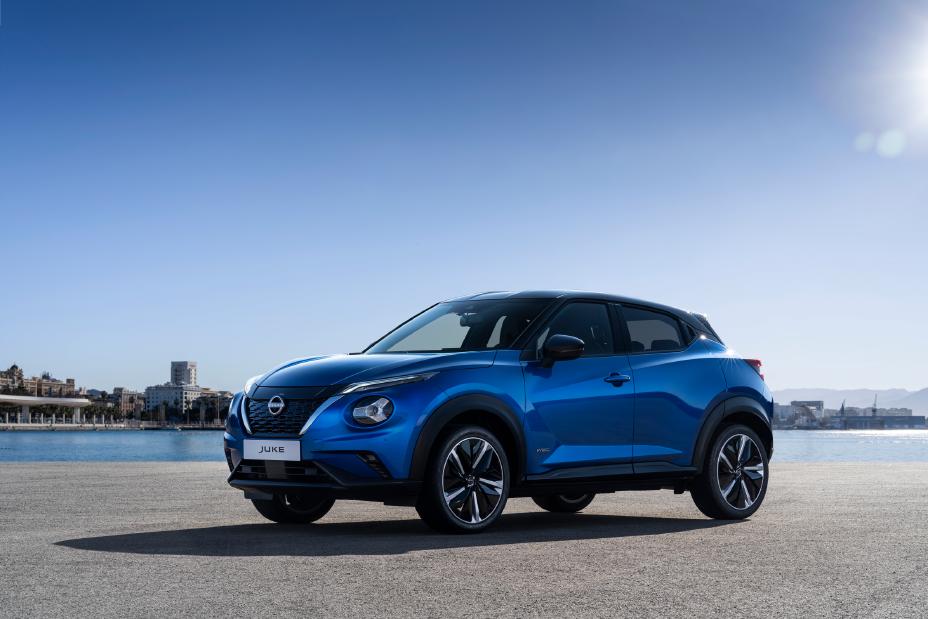
The Nissan Juke Hybrid promised innovation — a stylish crossover with electric assistance for better efficiency and smoother driving. But as with any hybrid, real-world ownership has revealed a few rough edges beneath the glossy exterior. From transmission quirks to battery behavior, the Juke Hybrid has sparked a fair share of driver discussions.
In this comprehensive guide, we’ll uncover the most common Nissan Juke Hybrid problems, what causes them, how to fix them, and how to keep your Juke running smoothly. Let’s dive deep into the reality behind the tech-savvy Juke Hybrid — without sugarcoating it.
The Nissan Juke Hybrid, introduced as part of Nissan’s electrified lineup, combines a 1.6-litre petrol engine with an electric motor and a 1.2 kWh lithium-ion battery. This hybrid setup was designed to deliver up to 143 hp while improving efficiency and cutting emissions.
Sounds ideal, right?
Well, early adopters and long-term owners have started pointing out a series of reliability concerns, particularly related to its hybrid system integration, sensors, and software. While not catastrophic, these issues can impact the driving experience if left unaddressed.
- Common Hybrid System Problems
- Battery Performance and Longevity Issues
- Transmission and Gearbox Hesitation
- Regenerative Braking Inconsistencies
- Electrical and Sensor Glitches
- Engine Start-Stop Malfunctions
- Software Updates and ECU Faults
- Fuel Efficiency Not Matching Expectations
- Cooling System Warnings
- Suspension and Ride Comfort Issues
- Interior Electronics and Infotainment Complaints
- Brake Pedal Feel and Responsiveness
- Tips to Prevent Hybrid System Problems
- When to Seek Professional Help
- Final Thoughts
- FAQs
Common Hybrid System Problems
The heart of the Juke Hybrid lies in its electrified powertrain, but that’s also where many of its headaches emerge.
1. Hybrid System Warning Light
A glowing “Hybrid System Fault” or “EV System Warning” light is a common complaint among owners.
Possible causes include:
- Faulty battery sensors
- Overheating inverter
- Software calibration errors
Fix:
Often, a Nissan dealer will perform a software update or ECU reset to clear the fault. In severe cases, hybrid control modules or wiring harnesses may need replacement.
Battery Performance and Longevity Issues
The 1.2 kWh battery in the Juke Hybrid isn’t massive, but it plays a vital role. Unfortunately, many drivers report:
- Faster-than-expected battery depletion
- Reduced electric-only range
- Charging inconsistencies under regenerative braking
Why it happens:
Heat, short trips, and prolonged parking can degrade the battery’s performance.
Prevention tips:
- Avoid letting the car sit unused for long periods
- Keep the cooling vents clean
- Regularly perform hybrid health checks at a Nissan service center
Transmission and Gearbox Hesitation
Unlike traditional automatics, the Juke Hybrid uses an electrified multi-mode gearbox.
Some owners describe jerky starts or hesitant gear changes when switching between electric and petrol power.
Common triggers:
- Incomplete software updates
- Low transmission fluid
- Clutch actuator calibration issues
Solution:
A transmission software reprogramming or a hybrid control synchronization procedure usually restores smoothness.
Regenerative Braking Inconsistencies
The regenerative braking system captures kinetic energy to recharge the hybrid battery. But when it misbehaves, drivers may notice:
- A spongy brake feel
- Sudden changes in braking force
- Reduced energy recovery efficiency
Underlying causes:
- Faulty brake pedal sensors
- Poor hybrid-brake blending calibration
Regular inspection of the brake booster and system firmware can prevent this from worsening.
You may be interested in reading Nissan Juke Won’t Start: Common Causes and Expert Fixes
Nissan Juke Won’t Start: Common Causes and Expert FixesElectrical and Sensor Glitches
The Juke Hybrid’s advanced electronics — from the hybrid controller to ADAS systems — can be a double-edged sword.
Some common electrical issues include:
- Random dashboard warning lights
- False sensor readings (especially temperature and EV sensors)
- Infotainment freezing
Troubleshooting tip:
Disconnecting the 12V auxiliary battery for a few minutes can perform a soft reset. If the problem persists, a diagnostic scan may be needed.
Engine Start-Stop Malfunctions
The auto start-stop feature, meant to save fuel, can sometimes refuse to engage or cut off unexpectedly.
Typical reasons:
- Weak 12V battery
- Faulty brake switch
- Software miscommunication between the hybrid and ECU
A weak auxiliary battery is often the silent culprit. Replacing it can bring this function back to life.
Software Updates and ECU Faults
As with most hybrids, firmware stability is critical. Nissan has released several software updates to address hybrid coordination, idle performance, and emissions monitoring.
If your Juke hasn’t had an update in a while, issues like:
- Power surges
- Delayed throttle response
- Warning light loops
can emerge.
Solution:
Always ensure your car’s ECU and hybrid firmware are updated during servicing.
Fuel Efficiency Not Matching Expectations
While Nissan claims 58–60 mpg (depending on conditions), real-world owners often report figures closer to 45–50 mpg.
Possible explanations:
- Aggressive driving
- Cold weather
- Battery degradation
- Overuse of sport mode
To improve economy:
- Keep tires inflated to the recommended PSI
- Use eco mode for city driving
- Limit use of heavy acceleration
Cooling System Warnings
The hybrid inverter and battery pack rely on effective cooling. A “Hybrid System Overheating” alert may appear in hot climates or heavy traffic.
Common causes:
- Blocked cooling vents
- Failing cooling fan
- Low coolant levels
Always check the coolant reservoir and ventilation ducts during routine maintenance to avoid overheating-related damage.
Suspension and Ride Comfort Issues
While not strictly hybrid-specific, some owners complain about:
- Harsh suspension response
- Clunky noises over bumps
- Premature bushing wear
This is often due to added hybrid weight, altering ride dynamics slightly compared to petrol-only versions. Replacing worn shocks or bushings usually restores comfort.
You may be interested in reading Nissan Juke Won’t Start: Common Causes and Expert Fixes
Nissan Juke Won’t Start: Common Causes and Expert Fixes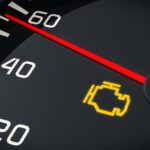 Nissan Juke Engine Malfunction Service Now – Complete Fix Guide
Nissan Juke Engine Malfunction Service Now – Complete Fix GuideInterior Electronics and Infotainment Complaints
Tech-savvy drivers love the Juke’s digital flair, but the infotainment system sometimes lets them down.
Issues reported include:
- Bluetooth disconnections
- Laggy navigation response
- Random black screens
Most are resolved via firmware patches or a hard reset (holding the power button for 10 seconds).
Brake Pedal Feel and Responsiveness
Because braking is shared between hydraulic and regenerative systems, the pedal feel can vary. Some owners find it inconsistent — too firm at times, too soft at others.
Why:
- Calibration mismatch between braking systems
- Air in hydraulic lines
Fix:
A proper hybrid brake bleeding procedure and software recalibration can restore consistency.
Tips to Prevent Hybrid System Problems
To keep your Juke Hybrid performing at its best:
- Update software regularly during servicing
- Drive at least 20 minutes weekly to maintain hybrid charge balance
- Keep the 12V battery healthy — hybrids rely on it for system startups
- Park in the shade or garage to reduce battery heat stress
- Follow Nissan’s recommended maintenance schedule
When to Seek Professional Help
Certain hybrid-related faults can’t be fixed at home. Visit a certified Nissan technician if you notice:
- Continuous warning lights
- Unusual engine noises when switching modes
- Noticeable loss of electric drive
- Reduced fuel economy despite moderate driving
Technicians can perform a hybrid diagnostic test, check the battery health, and apply necessary updates.
Final Thoughts
The Nissan Juke Hybrid is an intriguing step toward a more electrified future. It blends the punch of petrol with the finesse of electricity — when everything’s working as intended.
Yet, no hybrid system is flawless. By understanding its potential weaknesses — from battery quirks to braking inconsistencies — you’ll be equipped to maintain its charm and reliability for years.
We’d argue the Juke Hybrid is a rewarding companion once you learn its rhythm. Keep it updated, serviced, and gently driven — and it’ll repay you with efficiency and fun in equal measure.
FAQs
1. Are Nissan Juke Hybrids reliable?
Generally, yes — but they require more attention to software updates and battery maintenance compared to conventional petrol models.
2. How long does the hybrid battery last?
With proper care, expect 8–10 years or 100,000+ miles before notable degradation.
3. Can I drive with the hybrid warning light on?
It’s not recommended. The vehicle may enter limp mode or lose electric assist. Have it diagnosed promptly.
4. What’s the cost to replace the hybrid battery?
Depending on region and model year, between £1,500 and £2,500, including labor.
5. Does the Juke Hybrid save fuel in city driving?
Absolutely. Urban stop-and-go traffic favors its hybrid efficiency, often outperforming its petrol counterpart.
You may be interested in reading Nissan Juke Won’t Start: Common Causes and Expert Fixes
Nissan Juke Won’t Start: Common Causes and Expert Fixes Nissan Juke Engine Malfunction Service Now – Complete Fix Guide
Nissan Juke Engine Malfunction Service Now – Complete Fix Guide Nissan Juke Radio Not Working: The Complete Troubleshooting Guide
Nissan Juke Radio Not Working: The Complete Troubleshooting GuideIf you want to know other articles similar to Nissan Juke Hybrid Problems: What Every Owner Should Know you can visit the category Common Problems.
Leave a Reply

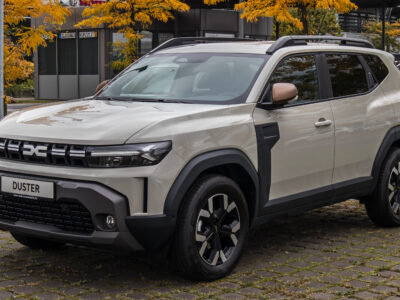
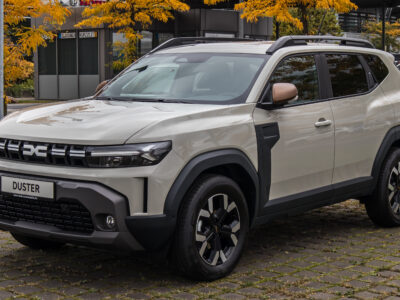
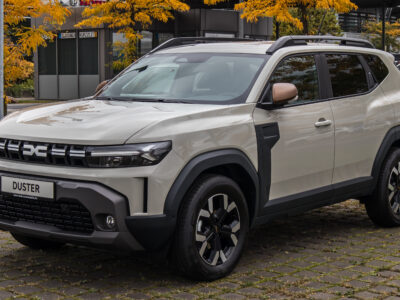
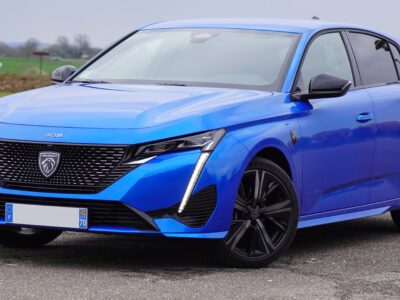
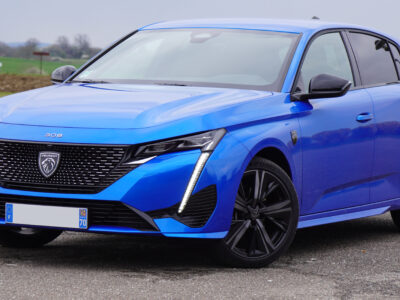
More content of your interest